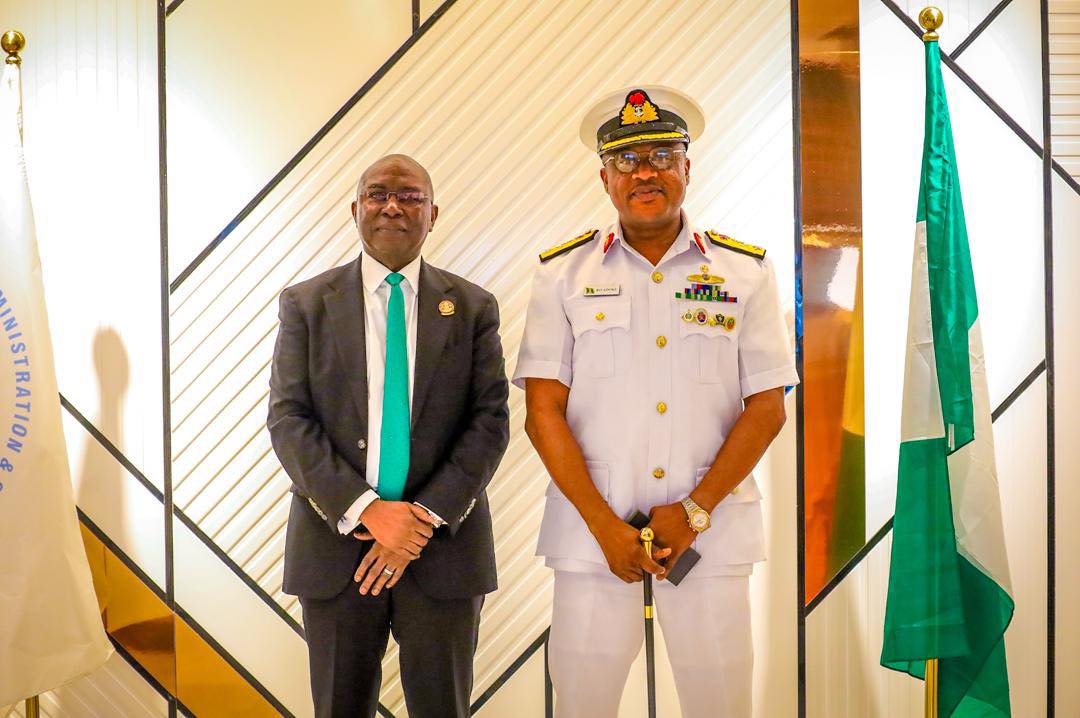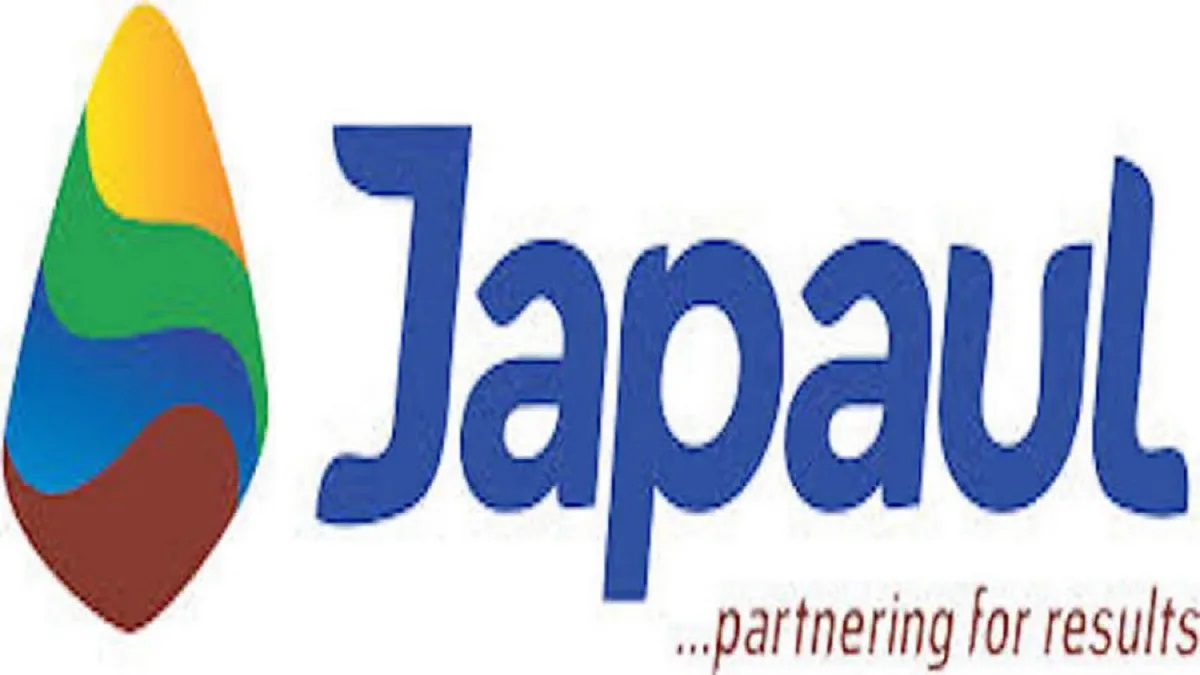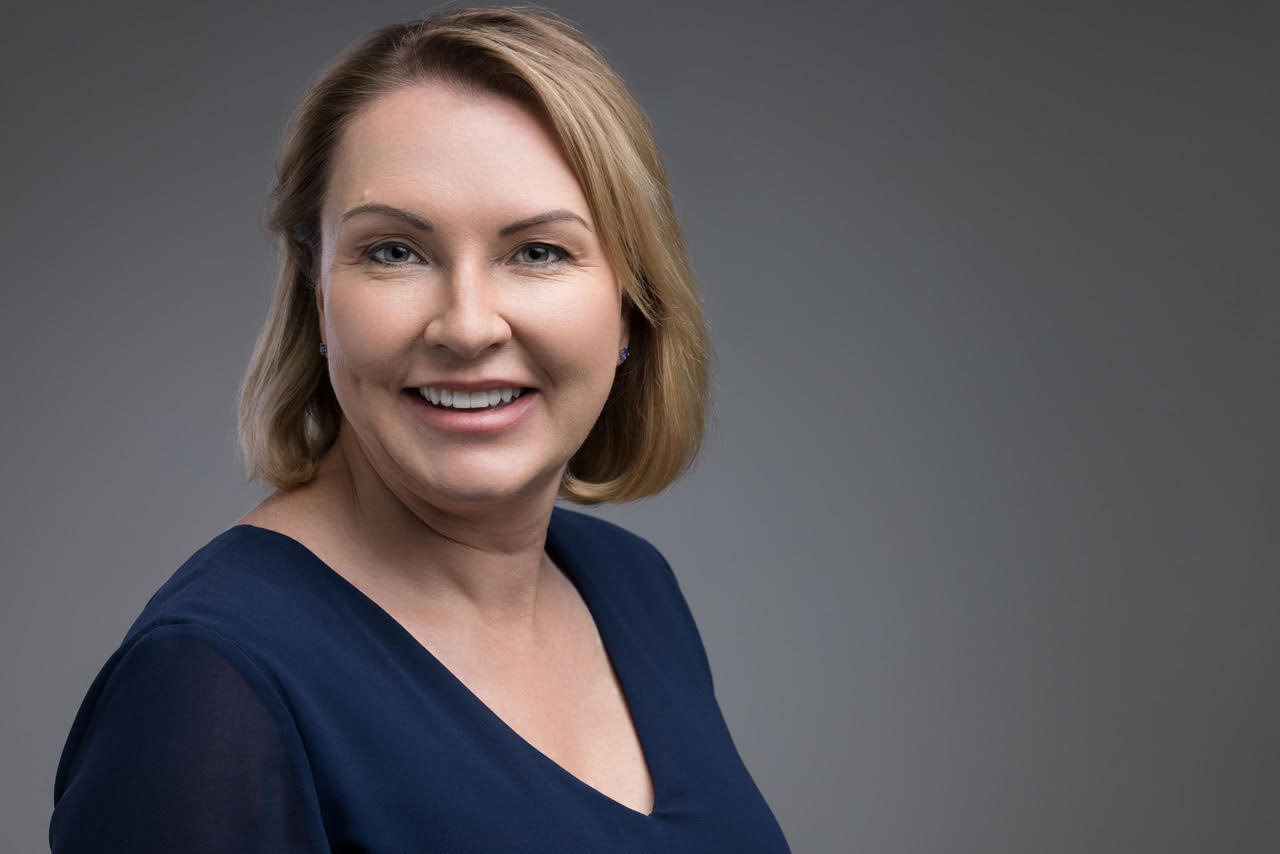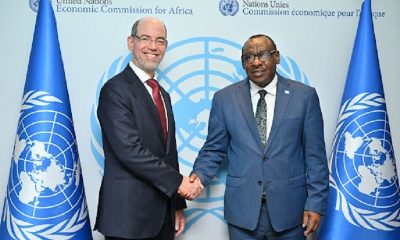Jobs/Appointments
Only 1 in 10 Global Workers Have In-Demand AI Skills—Study

Salesforce’s new digital skills survey shows that the vast majority of global workers think skills are more important than education qualifications or career background. Most people leaders (98%) believe the shift to skills-based hiring provides business benefits. Yet only 1 in 10 say they have AI skills — which is cited as one of today’s most in-demand digital skills.
This article looks at the survey’s full findings, based on 11,000+ workers across 11 countries, and shares new data on how the workforce perceives the role that generative AI will play in the jobs of today and tomorrow.
Eighty-four per cent of global workers consider the skills-based experience more important than a degree when trying to land a job in today’s market.
However, there’s a disconnect between the skills companies are hiring for and those currently used by the workforce. While 4 in 5 global workers report using digital skills in their day-to-day work, few report skills beyond collaboration technology, digital administration, and digital project management.
In contrast, today’s fastest growing and in-demand skills as reported by workers include artificial intelligence (AI) and coding/app development — but they rank among the least used in workers’ day-to-day roles.
The good news? There appears to be less fear — and more excitement — among workers about the potential of emerging technologies to transform the jobs of the future. This, paired with workers’ reported desire to learn new skills, suggests that companies can help close the digital skills gap by providing continuous, skills-based training to their employees.
A global movement toward skills-based hiring
The shift toward skills-based hiring is evident at all levels. Most (82%) people leaders surveyed said that skills are the most important attribute when evaluating candidates. Only 18% said that relevant degrees are the most important.
Over half of people leaders (56%) cite talent retention as a business benefit to skills-based hiring. Increased workforce diversity (48%) and knowledge sharing (46%) also ranked highly.
Additionally, most people believe that prioritizing employees’ digital skills development will have positive impacts on wider business performance, citing increased productivity (47%), better team performance (43%), and improved problem-solving capabilities (40%).
Leaders and employees agree on the need for AI skills
Workers are excited about emerging AI technologies like generative AI. Sixty per cent of global workers reported excitement about the prospect of using generative AI for their job. In fact, more workers were excited about its use in their workplace (58%) than worried about it replacing them in their job (42%). This is in line with interest from management: Globally, two-thirds of people leaders(67%) say that their company is considering ways to use generative AI.
Despite this excitement, recent research shows that while over half of U.S.-based senior IT leaders say their business is currently using or experimenting with generative AI, 66% say their employees don’t have the skills to successfully leverage the technology.
Workers agree that AI skills are important: Nearly one-fourth of global workers rank AI skills as among the top three most important digital skills right now. This number rises when asked about the importance of these skills over the next five years.
As needs evolve, workplace skills lag
Despite its importance to their future skill set, only 1 in 10 workers say their day-to-day role currently involves AI. A mere 14% say their role involves other, related digital skills like encryption and cyber security, and a smaller 13% claim to use coding and app development skills.
The industry indexing the highest for AI skills, specifically, is the technology industry, but even for this industry, less than a third of employees (27%) use AI skills within their roles today. Outside of traditional IT roles, this number drops further; less than 10% of those in healthcare (8%) and the public sector (6%) report they use AI skills in their day-to-day role.
The path forward is upskilling. Nearly all (97%) global workers believe businesses should prioritize AI skills in their employee development strategy.
Upskilling is critical across wide swaths of these emerging technologies. As a result of the rise in AI and automation, people leaders say data security skills (60%), ethical AI and automation skills (58%), and programming skills (57%) will become increasingly important in the workplace. When asked what ‘soft’ skills will likely be more important as a result, people leaders ranked creative imaginative skills (56%), customer relationship skills (53%), and leadership skills (51%) highest.
Fortunately, companies seeking to boost emerging technology skills and focus on skills-based hiring have something going for them — workers want to expand their limited set of digital skills. Nine in 10 believe that businesses should prioritize digital skills development for their employees.
Jobs/Appointments
NIMASA Gets New Maritime Guard Commander

By Modupe Gbadeyanka
A new Commander of the Maritime Guard Command has been appointed for the Nigerian Maritime Administration and Safety Agency (NIMASA), and he is Commodore Reginald Odeodi Adoki.
His appointment was approved by the Chief of the Naval Staff, Vice Admiral Idi Abbas, a statement from NIMASA confirmed.
He was chosen to replace Commodore H.C Oriekeze, who has been redeployed by naval authorities.
Commodore Adoki, a principal Warfare Officer specialising in communication and intelligence, brings 25 years of experience in the Nigerian Navy covering training, staff and operations.
As a seaman, he has commanded NNS Andoni, NNS Kyanwa and NNS Kada. It was under his command that NNS Kada undertook her maiden voyage, sailing from the country of build (the United Arab Emirates) into Nigeria.
He was commissioned into the Nigerian Navy in 2000 with a BSc in Mathematics. He has since earned a Master’s in International Law and Diplomacy from the University of Lagos and an MSc in Terrorism, Security and Policing atthe University of Leicester, England.
He is currently pursuing a PhD in Defence and Security Studies at the National Defence Academy (NDA). He is a highly decorated officer with several medals for distinguished service.
Welcoming the new MGC Commander to the agency, the Director General of NIMASA, Mr Dayo Mobereola, expressed confidence in Mr Adoki’s addition to the team, emphasising that it will further strengthen the nation’s maritime security architecture given his vast experience in the industry.
The Maritime Guard Command domiciled in NIMASA was established as part of the resolutions of the Memorandum of Understanding (MoU) with the Nigerian Navy to assist NIMASA in strengthening operational efficiency in Nigeria’s territorial waters, especially through enforcement of security, safety and other maritime regulations.
Jobs/Appointments
Japaul Picks Henry Alakhume as Acting GMD

By Aduragbemi Omiyale
Mr Henry Alakhume has been appointed as the group managing director of Japaul Gold and Ventures Plc, a statement issued on Thursday disclosed.
In the notice signed by the company secretary, Chidimma Okolo, it was stated that the appointment of Mr Alakhume is effective today, February 12, 2026.
He is to fill the vacant position left by Mr Akinloye Daniel Oladapo, who resigned with effect from October 13, 2025, with no reason given for his decision to exit the post.
In the disclosure, it was said that Mr Alakhume would remain in office until a substantive GMD is announced by the organisation.
However, the board expressed confidence in the ability of the acting GMD to steer the ship of the company “during this transition period.”
He was described as an experienced executive director of the firm, who will “ensure continuity in leadership and support the company’s strategic objectives.”
“The board of Japaul Gold and Ventures Plc wishes to inform the Nigerian Exchange (NGX) Limited, its esteemed shareholders, and the general public of the appointment of Mr Henry Alakhume as the acting group managing director of the company.
“Mr Alakhume’s appointment takes effect from February 12, 2026, and he will serve in this capacity pending the appointment of a substantive group managing director.
“Mr Alakhume is an experienced executive of the company and has demonstrated strong leadership and operational expertise in his role as Chief Operating Officer.
“The board is confident that his appointment will ensure continuity in leadership and support the company’s strategic objectives during this transition period,” the statement said.
Jobs/Appointments
VFD Group Appoints Martins Akpore to Oversee Finance, Risk Management

By Adedapo Adesanya
Nigerian proprietary investment company, VFD Group Plc, has announced the appointment of Mr Martins Akpore as Group Head for Centralised Critical Functions (CCF).
In a statement issued on Wednesday, the company disclosed that Mr Akpore would oversee the group’s centralised functions, including Finance, Audit, Risk Management, Credit and Treasury, with immediate effect.
The appointment is expected to bolster VFD Group’s financial governance and strengthen coordination across its subsidiaries as the company advances its expansion and operational efficiency drive.
“We are pleased to announce the appointment of Martins Akpore as Group Head, Centralised Critical Functions at VFD Group Plc. In this expanded strategic role, Martins will lead and oversee the Group’s centralised functions spanning Finance, Audit, Risk Management, Credit, and Treasury, effective immediately.
“Martins brings to this role a strong professional foundation and deep expertise across core financial disciplines, underpinned by his credentials as a Chartered Accountant, Chartered Tax Professional, and Certified Treasury specialist, as well as globally recognised certifications in financial modelling and valuation. He currently serves as Group Head, Treasury, where he has played a key role in strengthening the Group’s financial and capital management capabilities across the ecosystem,” it said.
“In his new capacity, Martins will be responsible for driving cohesive strategy, governance, and execution across the Centralised Critical Functions, ensuring robust risk oversight, disciplined financial operations, and alignment with the Group’s strategic priorities. He will work closely with subsidiary leadership teams to enhance institutional standards, strengthen accountability, and support cross-ecosystem decision making on critical matters,” it added.
Speaking on the appointment, the Group Managing Director, Mr Nonso Okpala, emphasised the importance of collaboration and execution discipline in delivering the firm’s Vision 2026 ambitions. In line with this, Managing Directors and senior leaders across all subsidiaries are encouraged to partner closely with Mr Akpore to ensure alignment, responsiveness, and shared ownership in achieving the organisation’s objectives.
Formerly trading on the NASD Over-the-Counter (OTC) Securities Exchange, VFD Group made an exit in October 2023 and listed on the Nigerian Exchange (NGX) Limited to strengthen its market position, boost visibility, and create more avenues to source cheap funds for expansion and growth.
-

 Feature/OPED6 years ago
Feature/OPED6 years agoDavos was Different this year
-
Travel/Tourism10 years ago
Lagos Seals Western Lodge Hotel In Ikorodu
-

 Showbiz3 years ago
Showbiz3 years agoEstranged Lover Releases Videos of Empress Njamah Bathing
-

 Banking8 years ago
Banking8 years agoSort Codes of GTBank Branches in Nigeria
-

 Economy3 years ago
Economy3 years agoSubsidy Removal: CNG at N130 Per Litre Cheaper Than Petrol—IPMAN
-

 Banking3 years ago
Banking3 years agoSort Codes of UBA Branches in Nigeria
-

 Banking3 years ago
Banking3 years agoFirst Bank Announces Planned Downtime
-

 Sports3 years ago
Sports3 years agoHighest Paid Nigerian Footballer – How Much Do Nigerian Footballers Earn



















